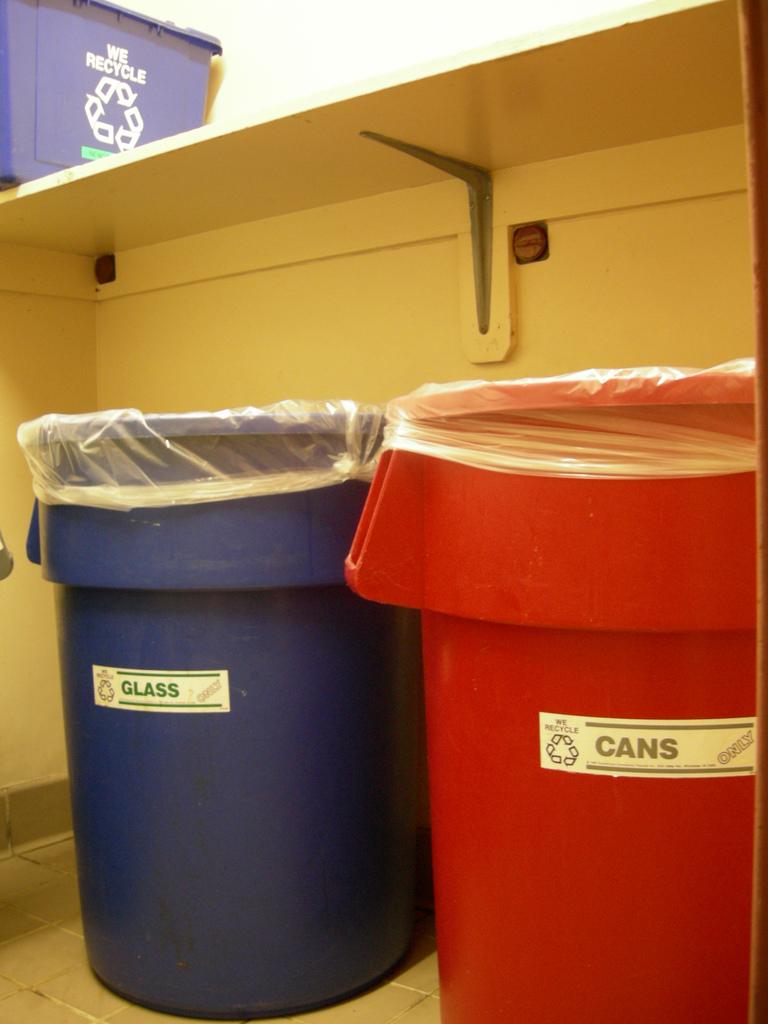Fordham Has Gone Green. Have You?
Campus Community Reflects on Being Environmentally Conscious
May 28, 2011
Published: October 11, 2007
It seems everyone these days is going green. Even Fordham University has pledged to join New York City’s Green Initiative, aiming to reduce the university’s carbon emissions by 30 percent within the next 10 years. But what about Fordham students and faculty? Though more challenging for some than others, many at Fordham are reacting to the Green Initiative by taking action and making changes in their everyday lives.

In McMahon Hall, Camila Martinez de Andino, FCLC ’09, is known to be environmentally conscious. After watching Al Gore’s documentary, “An Inconvenient Truth,” Martinez decided to change her lifestyle. Now, “When I go to the supermarket I bring my own bags, I turn off the lights when I’m not there, unplug any appliances that are not being used that much and I recycle pretty much everything,” she said.
Martinez de Andino is not alone. Anton Mapoy, FCRH ’09, also tries to make his lifestyle greener. “I ride my bike instead of driving a car when I can,” he said. “I also worked last summer as a landscaper, planting flowers, bushes and trees.”
Like students, some Fordham professors are trying to reduce their impact by conserving energy. FCLC English professor Margaret Lamb said, “I hardly used the air-conditioning this summer at my apartment because I have the breeze coming off the Hudson.” She also stopped using Con Edison incandescent light bulbs that “give off a lot more heat than light.”
Though small life adjustments can help, John Davenport, associate director of environmental studies at FCLC, said that ‘big things’ need to change to make the greatest difference. “It is absolutely true that recycling and using public transport help reduce environmental problems such as harmful chemicals in landfills and greenhouse gases,” he said. “However, actually solving or making a big dent in the largest-scale global problems requires worldwide coordination, that of nations as well as individual citizens.” To reduce carbon dioxide emissions, Davenport suggests buying more hybrid cars and using solar power instead of electricity.
But not all Fordham students have jumped on the green bandwagon. Aubrey Stallard, FCLC ’09, said that she feels guilty about not doing enough for the cause. “I try to be environmentally conscious, but I don’t always do it,” Stallard admitted. “I wish I had the time and the non-selfishness to consider the best way I can help the environment.”
Furthermore, Stallard worries that most young adults don’t concern themselves with helping the environment. “I feel like a lot of our generation is very apathetic in every aspect; politically, economically and environmentally. Maybe after our college-narcissistic phase, we will get better about that sort of thing.”
“It can go either way,” said Jason J. Appelgate, FCLC ’11. “Our generation can save the planet or it could just follow the same path of industrialization that we are going in.”
Martinez explains that going green can be easier than most people think, and encourages others to follow her footsteps. “You don’t have to change your lifestyle completely; you can just do the little things that will make a difference.”











